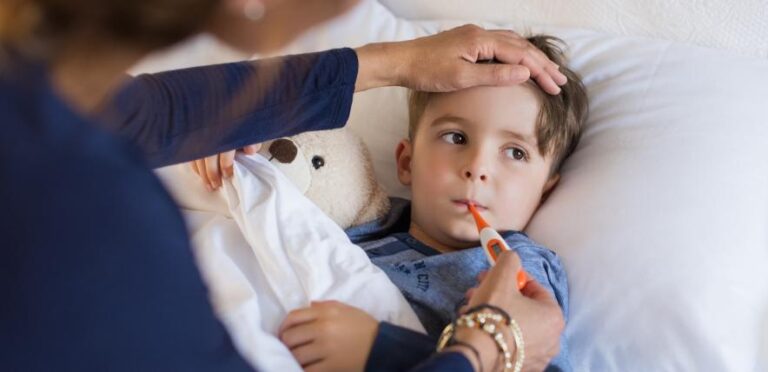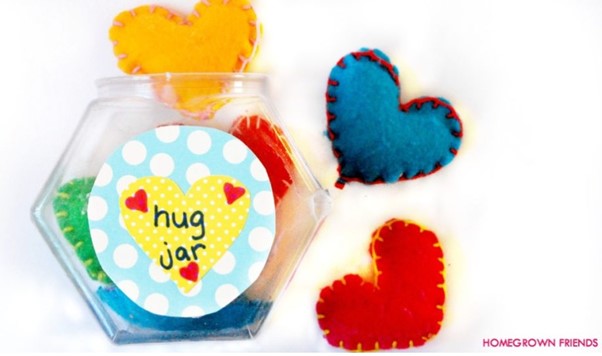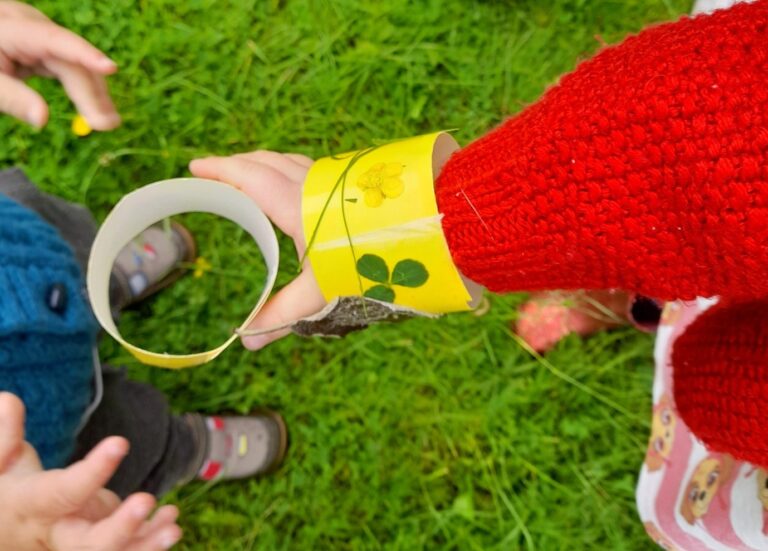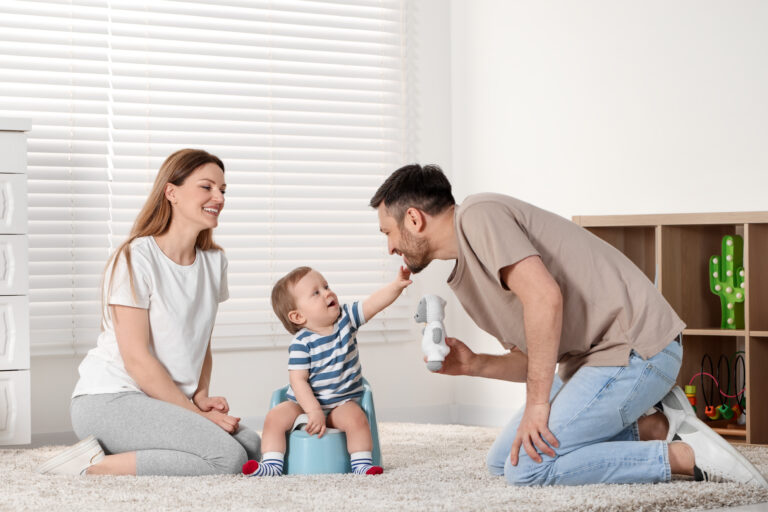In the last few weeks, the UK Heath Security Agency (UKHSA) has reported a sharp rise in cases of sudden onset hepatitis (liver inflammation) in children, primarily aged 10 and under.
Health agencies across the UK are working together to investigate the cases in children that have occurred since January 2022.
The cases are predominantly in children under 5 years old who showed initial symptoms of gastroenteritis illness (diarrhoea and nausea) followed by the onset of jaundice.
How many cases have there been?
Up to 26 April, there have been a total number of cases to 111. Of the confirmed cases, 81 are in England, 14 are in Scotland, 11 are in Wales and 5 are in Northern Ireland.
Of these cases, 10 children have received a liver transplant.
No UK cases have died.
A small number of children over the age of 10 are being investigated.
What is causing it?
The usual viruses that cause infectious hepatitis (hepatitis A to E) have not been detected.
Dr Meera Chand, Director of Clinical and Emerging Infections at UKHSA, said: “Information gathered through our investigations increasingly suggests that this rise in sudden onset hepatitis in children is linked to adenovirus infection. However, we are thoroughly investigating other potential causes.
“Adenovirus was the most common pathogen detected in 40 of 53 (75%) confirmed cases tested.
“Sixteen per cent of cases were positive for SARS-CoV-2 at admission between January and April but there was a high background rate of COVID-19 during the investigation period, so this is not unexpected.”
Routine NHS and laboratory data show that common viruses circulating in children are currently higher than in previous years and there is a marked increase of adenovirus, particular in the 1 to 4 age group.
There is no link to the coronavirus (COVID-19) vaccine.
None of the currently confirmed cases in under 10 year olds in the UK is known to have been vaccinated.
What symptoms should I look out for?
The case numbers are extremely small and if your child develops the common mild symptoms of adenovirus infection like mild respiratory symptoms or diarrohea then the chance of them developing hepatitis is extremely low.
However parents and guardians are being advised to be alert to the signs of hepatitis (including jaundice) and to contact a health professional if they are concerned.
Hepatitus symptoms to look out for include:
- yellowing of the white part of the eyes or skin (jaundice)
- dark urine
- pale, grey-coloured faeces (poo)
- itchy skin
- muscle and joint pain
- a high temperature
- feeling and being sick
- feeling unusually tired all the time
- loss of appetite
- tummy pain
What preventative measures can I take?
Routine hygiene practices such as supervising children as they wash their hands and encouraging children to cover sneezes and coughs and dispose of used tissues properly will help to reduce the spread of common infections including adenovirus.
If your child is experiencing symptoms of gastrointestinal infections such as vomiting or diarrhoea they should stay at home and not go into nursery or school for 48 hours until after the symptoms have stopped.
Further information
— You can get UKHSA updates on the situation here.
— UKHSA has published a detailed technical briefing on the investigations into the rise in cases.











